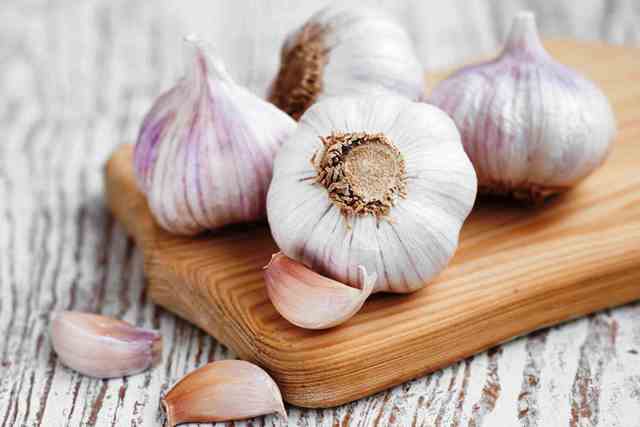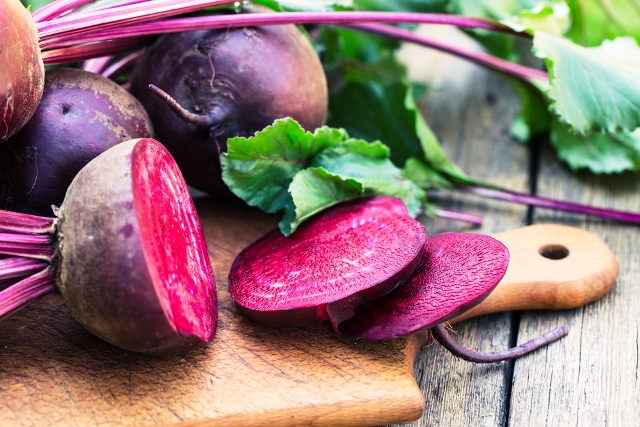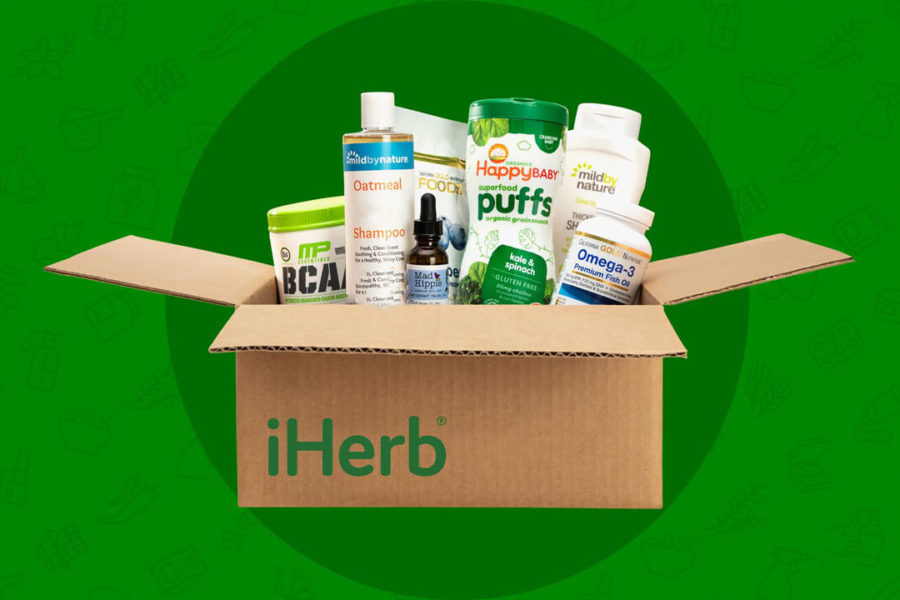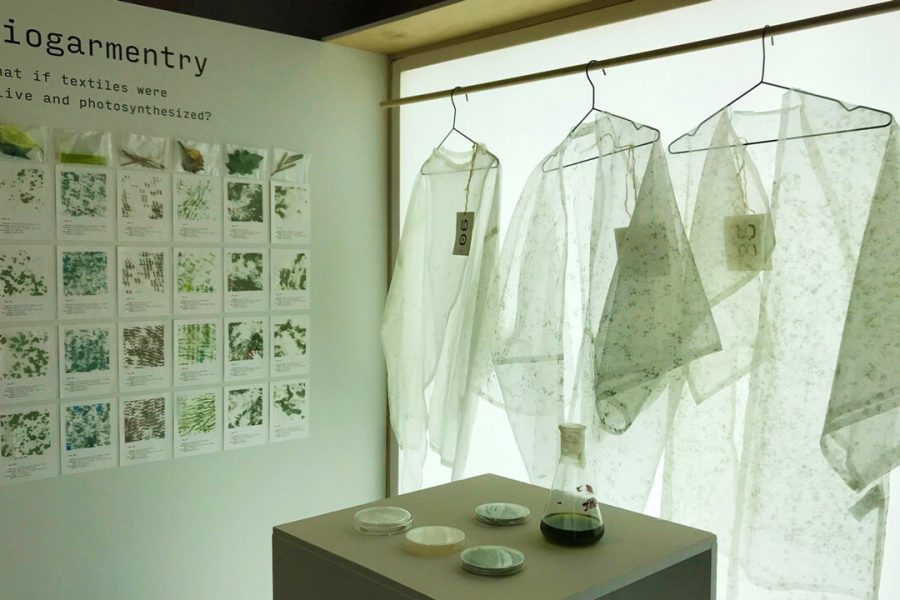
Vegetables contain many valuable vitamins, minerals, and antioxidants. However, some nutrients are sensitive to heat—some are lost when boiled, fried, or baked. For example, vitamin B1, vitamin B5, and vitamin C are particularly sensitive to heat.
1. Broccoli

Among other things, broccoli is rich in B vitamins and contains a large amount of heat-sensitive vitamin C. Just about 100 grams of this type of cabbage can cover the daily requirement for vitamin C. When cooking, a significant portion of the vitamin C disappears.
But that's not the only reason to eat broccoli raw: Plant compounds called glucosinolates are thought to protect against colon cancer. They're also heat-sensitive.
Note: When eating raw broccoli, only the florets are eaten; they are better digested than the stem.
However, particularly sensitive people may suffer from bloating and should consume broccoli only in small quantities.
2. Garlic

This is a real miracle! It contains ingredients that lower blood lipids and protect blood vessels. In addition, garlic can reduce the amount of bad cholesterol. Also important is the substance allicin. It is responsible for the typical smell of garlic. Scientific research proves that allicin can prevent or alleviate cancer.
Allicin in garlic is formed by the enzyme alliinase. However, when boiled, the enzyme loses its properties. To benefit from the healing properties of garlic, it is recommended to eat it raw, for example, chopped in a salad, in a sauce, or as part of garlic oil.
3. Onion

It also contains allicin, as well as lots of vitamin C, antioxidants and B vitamins. Particularly valuable are the heart-healthy sulfur compounds.
Onions, like garlic, are thought to help prevent cancer. Raw onions are significantly more effective than cooked ones because many key ingredients are lost during the cooking process.
4. Paprika

Half of one vegetable is enough to cover the daily requirement for vitamin C. In addition, it contains a lot of carotene. However, both vitamin C and carotene are very sensitive to heat, so it is better to eat paprika raw.
5. Zucchini

Zucchini is also more useful raw than cooked, because it contains iron and a lot of vitamin C - which is lost during cooking. Although after a little heat treatment, it practically does not lose its useful properties.
Be careful, though, if the zucchini tastes bitter, it has too much of a substance called cucurbitacin. Bitter substances can cause stomach problems, and even after cooking, the zucchini may be inedible.
6. Beetroot

It contains a lot of vitamin B, potassium, iron and folic acid. However, the latter is very sensitive to heat and dissolves very well in water.
When cooking, beets lose most of this useful substance. Grated on a fine grater, for example, for a salad, raw beets have a pleasant taste. You can squeeze juice out of them.
However, don't overdo it with raw beets: they contain a lot of oxalic acid. The fruit acid itself is not toxic, but it can be harmful in too large quantities: it promotes the formation of kidney stones and interferes with the absorption of iron.
Therefore, people prone to kidney disease should not eat raw beets.
What if you don't like the taste of raw food?

Heat-sensitive nutrients such as vitamin C or folate are not completely lost when heated, but much less of them remain.
Zucchini, beets, garlic, etc. can be cooked. They are simply more valuable for health when eaten raw.
If you don't like raw vegetables, you should cook them briefly and very gently to preserve as many nutrients as possible.
Steam cooking is especially recommended. It eliminates contact with water, which is especially beneficial for nutrients.












